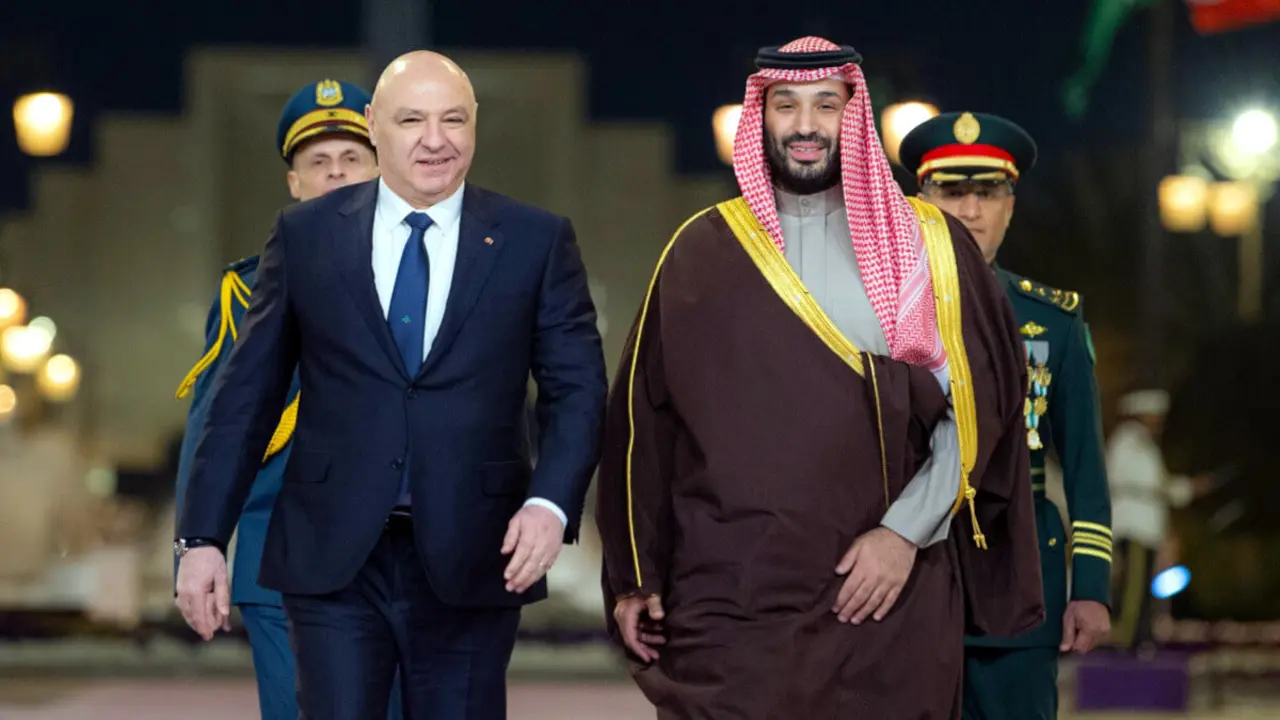Santander and the Emirates, a cultural connection with great potential
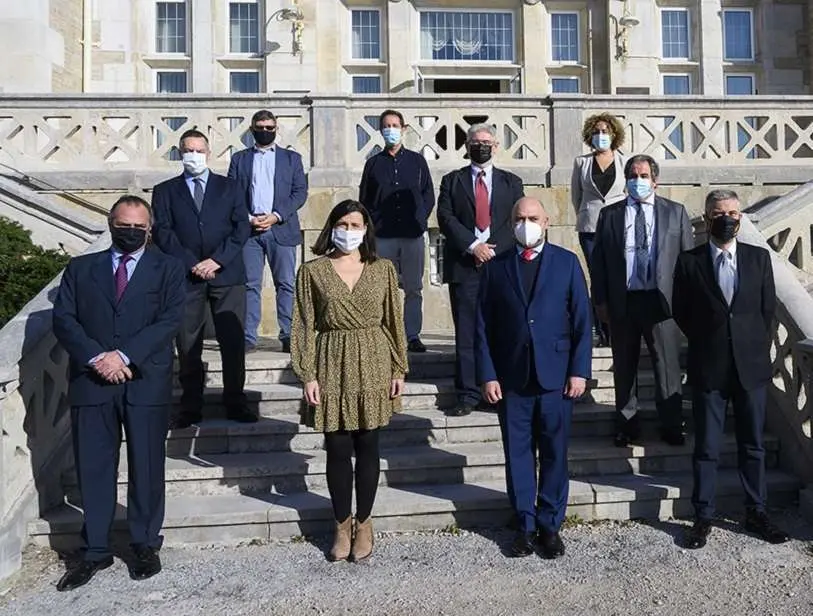
After the inauguration of the virtual seminar 'Public Diplomacy and Cultural Cities: Shared Experiences', by the Emirates' Ambassador, Majid al-Suwaidi, and the Mayor of Santander, Gema Igual, the debate tables followed. The development of the conference was marked by very interesting ideas that were passed on by the rest of the participants.
The first table was moderated by the journalist Íñigo Noriega, who referred to the immersion of Santander and Cantabria in a cultural project formed by many others. "It is a great cultural project, but also an economic, social, historical, tourist, urban planning and cohesion project, in other words, a political project understood in the best sense, not as that part of the activity that is dedicated to ceding and maintaining power, but as that policy that deals with and cares for the common good, for everyone", the journalist stressed.
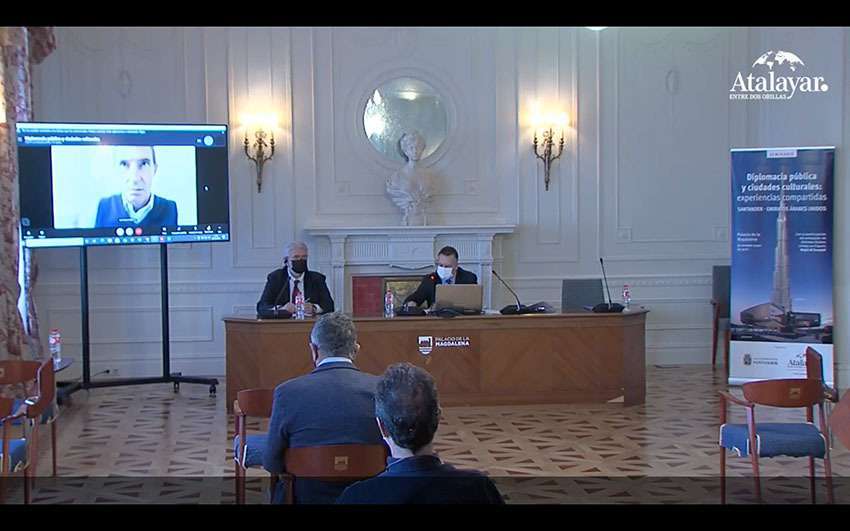
Next, Mohamed Alameri, president of the Hispano-Emiratí Club "Casa del Profesor", took part in the event. Alameri stressed the importance of cultural diplomacy in resolving conflicts, "culture and art can achieve something that politics cannot", he said. The President of the Hispano-Emiratí Club, on the other hand, stressed the importance of Spanish culture and language as an essential element for understanding the world, as it is the second most widely spoken language.
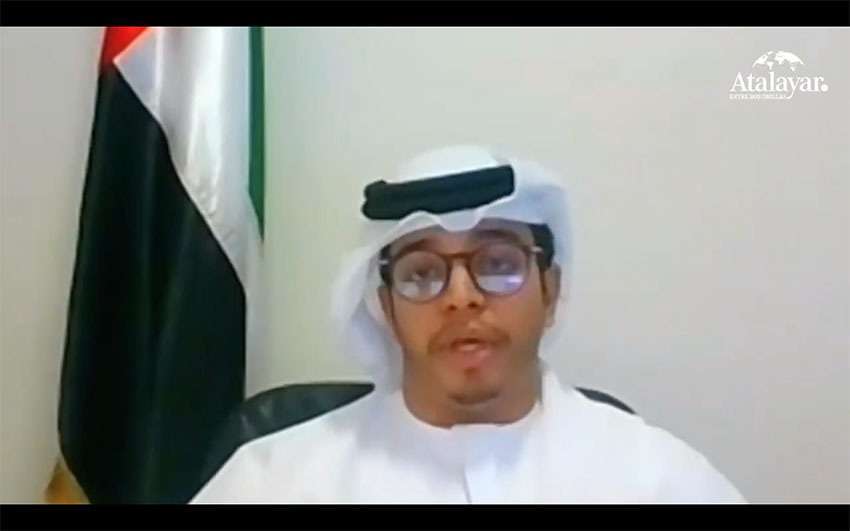
The following speech was given by Luis Guerra Salas, Professor of Spanish Language at the European University of Madrid. Guerra took the opportunity to explain to the audience a practically new field of study, linguistic landscaping. In his speech, the professor stated that the most interesting linguistic landscapes are those that are multilingual, which are a good indicator for assessing the coexistence of languages and cultures in territories.
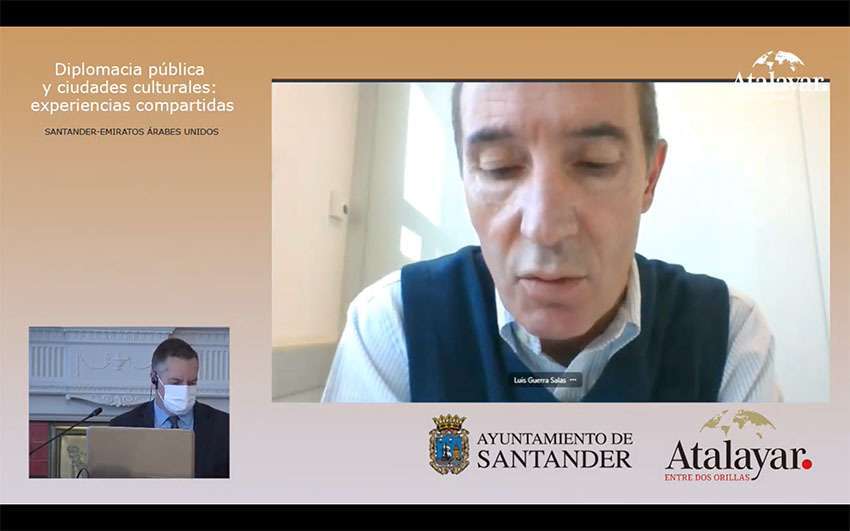
The last intervention on this first round table was made by Roberto Ruiz, Vice-Rector for International Relations of the European University of the Atlantic. The professor praised the virtues of the Cantabrian capital as a city open to culture, with enormous possibilities. "Santander is a tourist city, safe, comfortable, summery, which allows exchange, peace and tranquillity, perhaps the best bridge and ally that the Emirates can find is in the city of Santander", said Ruiz. Likewise, he referred to the Emirates as a country that is committed to values that were unthinkable a few years ago in regions of the world such as the one it occupies.
After a short break, the second round table of the day began, moderated by Teresa Díez Martín, news director of Onda Cero Cantabria. The journalist referred to the words of the ambassador during the opening of the event, stressing that the role of culture is the best way to connect two territories. A table in which representatives of journalism and cultural management took part.
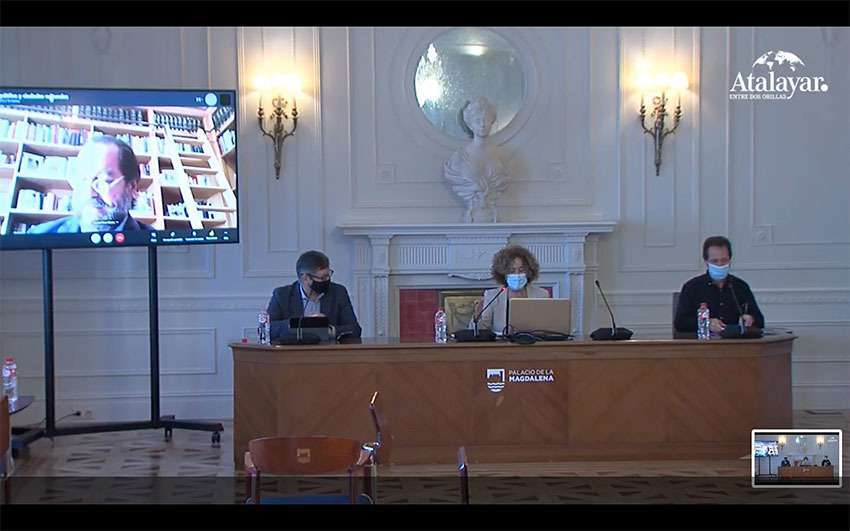
The first speaker at this second table was Fernando García del Río, a journalist from La Vanguardia. The Cantabrian journalist wanted to allude to the current situation in the city of Santander as a cultural explosion: "We are at a very important moment in the city and the region, with an explosion of great cultural artefacts, which has already begun, above all, with the inauguration three years ago of the Botín centre and which is going to continue with very enriching explosions that are going to make the city's potential flourish". On the other hand, due to his role as a communicator, he has committed himself to disseminating and sharing the cultural and artistic wealth of a city in continuous growth.

Secondly, one of the most representative voices of journalism in our country, Ramón Pérez Maura, has offered his particular vision of the evolution of Santander as a prosperous city for cultural development. In the first place, Pérez Maura wanted to establish a connection between Santander and the Emirates through the sea, "both places are open to the world through the sea", he said. On the other hand, the journalist highlighted the special nature of Santander's cultural development through private initiative, something unique in Spain, arguing that the cultural commitment will be sustainable if private initiative supports it.
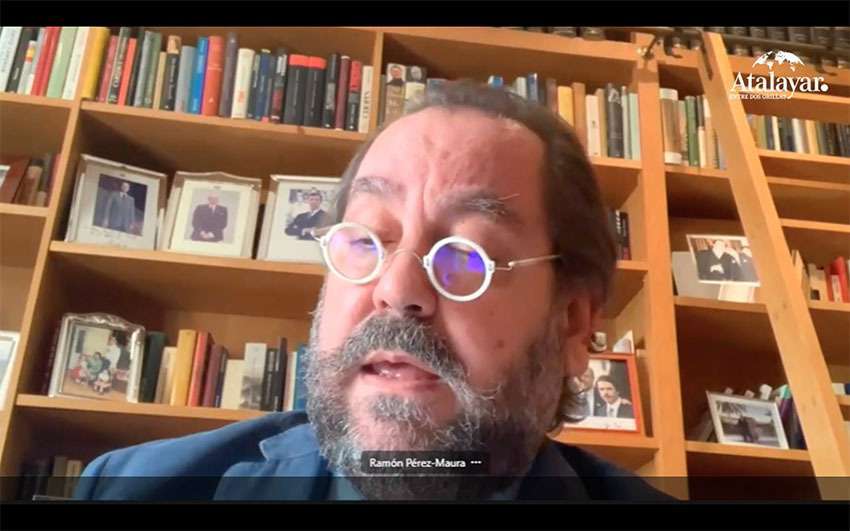
Finally, a representative of cultural management, Ángel Astorqui, offered his vision of the sector, from a more pragmatic point of view. The representative of the Platform of Cultural Enterprises of Cantabria insisted on the cultural sector as a strategic motor for the development of cities and territories. Astorqui offered some relevant data which exemplifies the importance of this industry for the Spanish economy: "Investment by public administrations in the sector is 0.28% of GDP, while culture returns 3.4% to the sector".
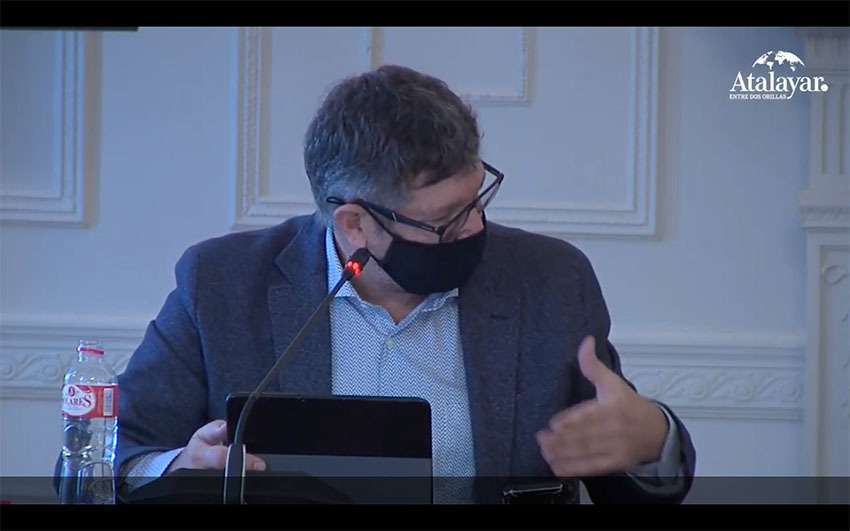
After Ángel Astorqui's speech, the directors of the seminar were seated at the table: Javier Fernández Arribas, director of Atalayar, and José María Peredo, professor of Communication and International Policy at the European University of Madrid; both thanked the organisers and the participants for their commitment to this type of event, without losing sight of the current situation, and encouraged them to visit Santander as a cultural reference, thus bringing the seminar to a close.








